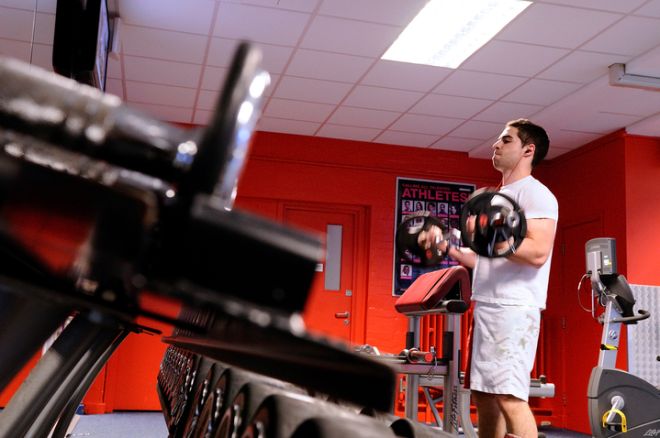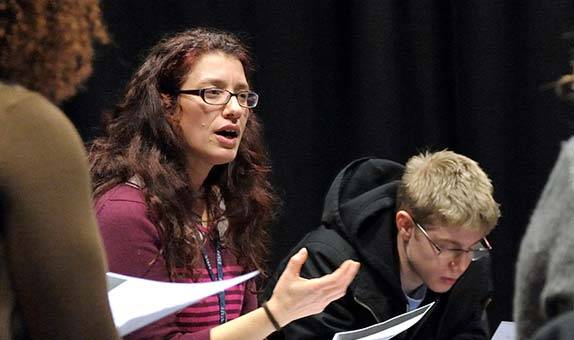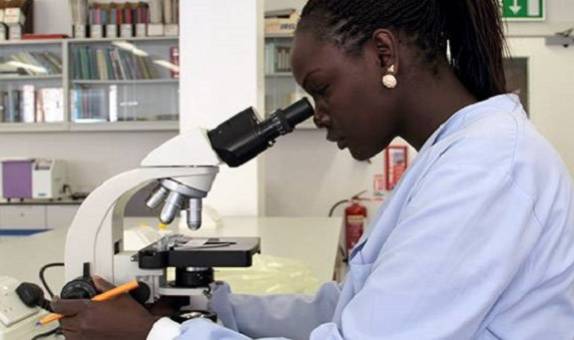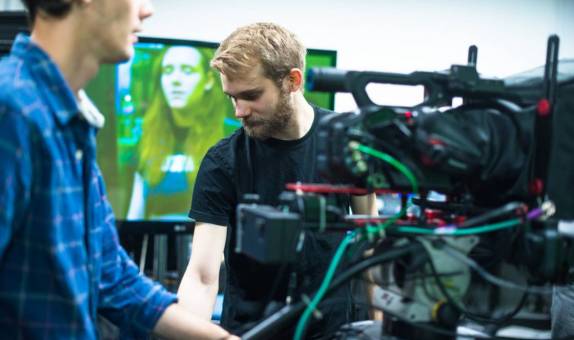Doping in sports: assessing doping prevalence and advancing anti-doping education for clean sport
Kingston research on behavioural aspects of doping and on methods to assert doping prevalence has had far-reaching implications in anti-doping.

The use of prohibited performance-enhancing drugs is a major problem in sports at all levels. There is an ongoing global effort to discourage and prevent athletes from doping out of concern for fair competition and the health of athletes. Sharper methods for accurate determination of doping prevalence are needed. Self-reporting surveys are one such tool. While completely candid self-reporting is unlikely, surveys that provide a 'safe situation' to athletes can improve data quality and reliability. Combining self-reported surveys with other methods like doping tests and the Athlete Biological Passport delivers superior results than using an individual method.
Professor Andrea Petróczi of Kingston's School of Life Sciences, Pharmacy and Chemistry is a world expert in anti-doping. She has collaborated with the World Anti-Doping Agency (WADA) to advance anti-doping programmes and promote clean sport behaviour, and to develop methods for assessing doping prevalence. WADA is an independent international agency that ensures that athletes compete in a doping-free environment and promotes social awareness for athletes and their entourage.
To improve the accurate measurement of doping prevalence, Professor Petróczi and the WADA working group developed a framework called the Doping Prevalence Index (DPI).
This combines different methodologies and tools. One such tool is an indirect survey method which offers a safe survey environment for athletes to facilitate honest responding. Professor Petróczi created the Single Sample Count (SCC), a novel survey-based method suitable for large-scale sensitive behaviour investigation, which embeds a sensitive doping question among four unrelated questions. SCC is cost-effective as it does not require expensive resources such as labs and equipment or a skilled workforce, allowing for large-scale investigations of entire athlete populations. The tool was trialled at major sports events such as the Gold Coast Commonwealth Games (Australia), the Pan-American Games (Lima), the European Games (Minsk) and the Pacific Games (Apia). Subsequently, WADA adopted this survey and revised its strategies for estimating doping prevalence.
Professor Petróczi has also developed psychometric measures and methodologies to assess determinants of doping (such as attitudes, implicit associations and legitimacy perception), focusing on cognitive and behavioural aspects of doping and abstinence to inform preventive measures and anti-doping education that fits with contemporary society and elite sports. She coined the concept of 'Doping Awareness Literacy', shifting the focus from a moralistic substance-based approach to one centred on sports integrity, proposing an educational framework built on skills and competencies that enables athletes to make informed decisions and helps them stay clean.
Anti-doping education:
Professor Petróczi was invited by WADA to develop, in collaboration with Professor Paul Norman (University of Sheffield), two new online modules on anti-doping for its online education tool ALPHA (Athlete Learning Program about Health and Anti-Doping), which reached over 62,000 athletes in 230 countries between 2013 and 2020. Her work has led to an athlete-centred approach in WADA's and other organisations' anti-doping education, an increase in athlete and stakeholder participation in anti-doping research and programmes, new capacity for WADA, sports federations, event organisers and anti-doping organisations with standardised evaluations of anti-doping activities, and interest and funding from the International Olympic Committee and the European Union. The results of her prevalence surveys have been cited in the Digital, Culture, Media and Sport Committee's report Combatting Doping in Sport (2018).
Doping remains a complex issue. Through the development of the SCC anti-doping survey and advancement of anti-doping education, Professor Petróczi has improved assessment tools and deepened understanding of doping and clean sport behaviour.
Contact us
- For non-student research enquiries, email the Research Office
- For research impact and REF enquiries, email the REF and Impact Team.
- Research contacts
- How to get to Kingston University















